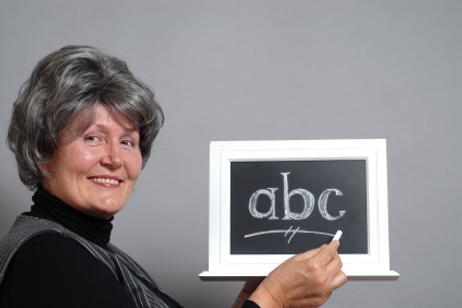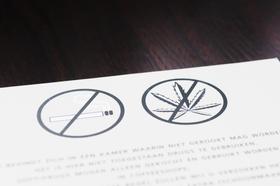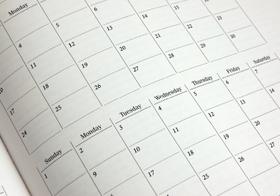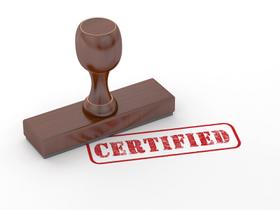When you apply for a teaching position, the technical and soft skills you offer are high on the list of prerequisites. We'll cover technical skills in another article. But first, look at soft skills and learn why they are the backdrop against which you will be assessed both as a teacher and an individual. Listing your soft skills on your resume identifies you as a candidate who will be a good fit in the classroom and the larger school community.
The importance of soft skills
Soft skills are crucial in an interview because they are the traits that can set you apart from others with similar technical abilities. After all, you will not be the only applicant for the position you have applied for. Your soft skills can and should drive you to the top of the list. Why? Because schools want to know that a potential teacher has the following soft skills:
- work well with others
- communicate effectively
- adapt to new situations
Soft skills like problem-solving, teamwork, and leadership can make you stand out in an interview. These skills can also demonstrate your ability to handle stress, work under pressure, and think critically. In many cases, your soft skills can be just as essential as your technical skills regarding hiring decisions. That's why it's always a good idea to focus on developing your soft skills alongside your technical abilities.
What are soft skills?
Soft skills are those personal attributes, habits, and social behaviors
























